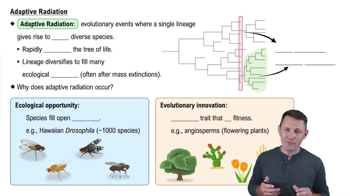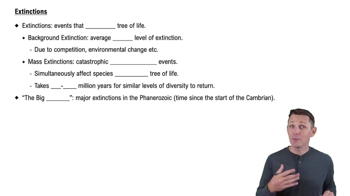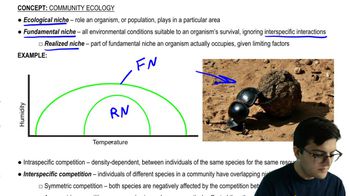Fossilized stromatolites:
a. Formed around deep-sea vents.
b. Resemble structures formed by bacterial communities that are found today in some shallow marine bays.
c. Provide evidence that plants moved onto land in the company of fungi around 500 million years ago.
d. Contain the first undisputed fossils of eukaryotes.





